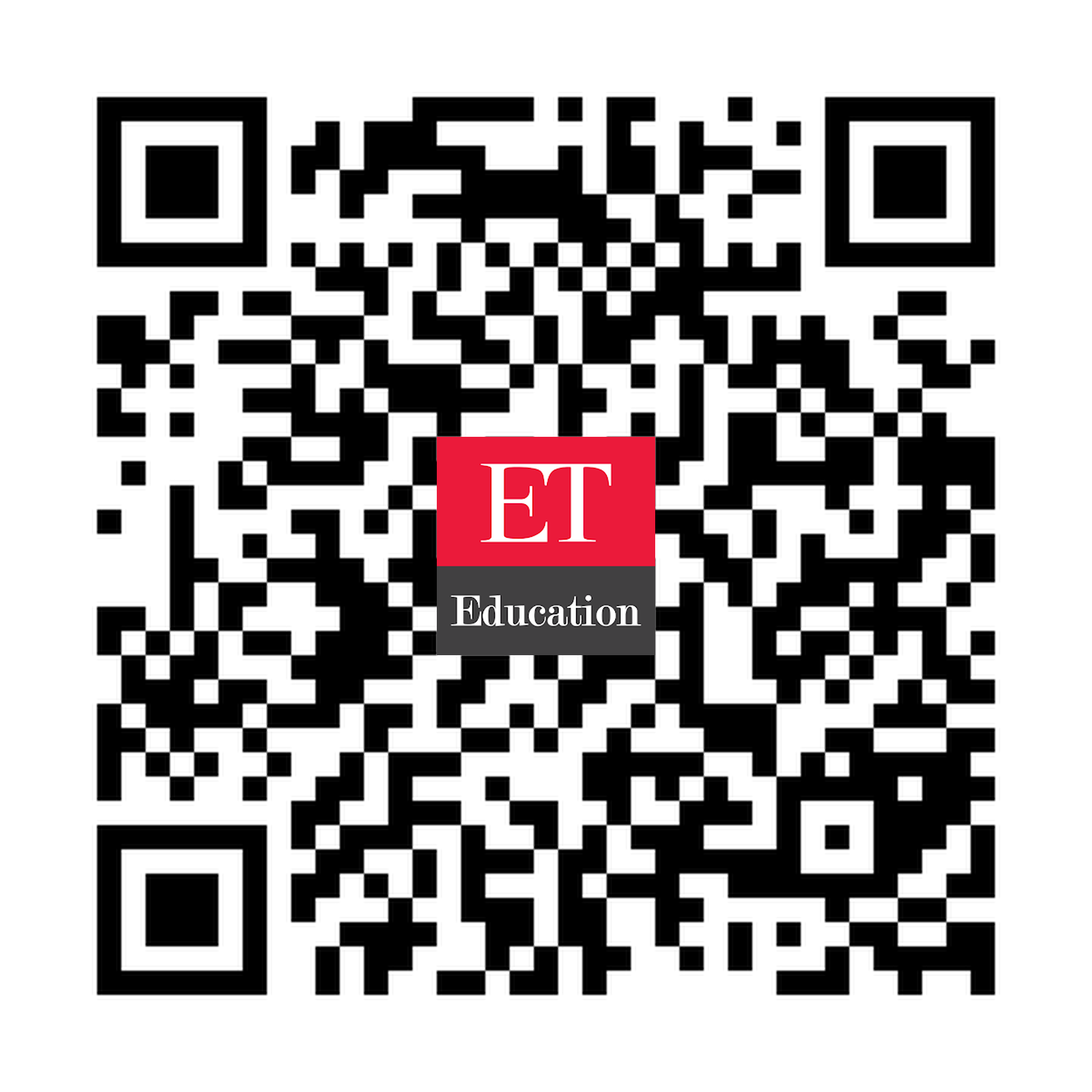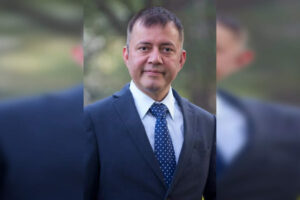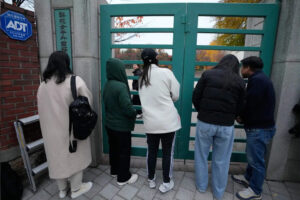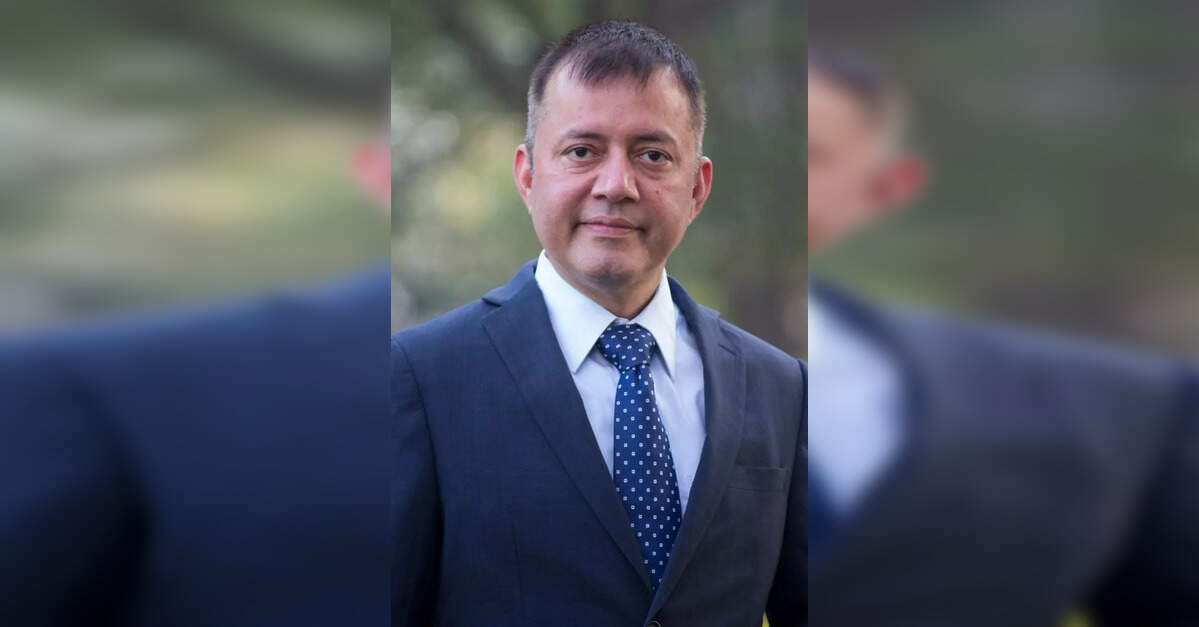
A Legacy of Knowledge and Progress, ETEducation
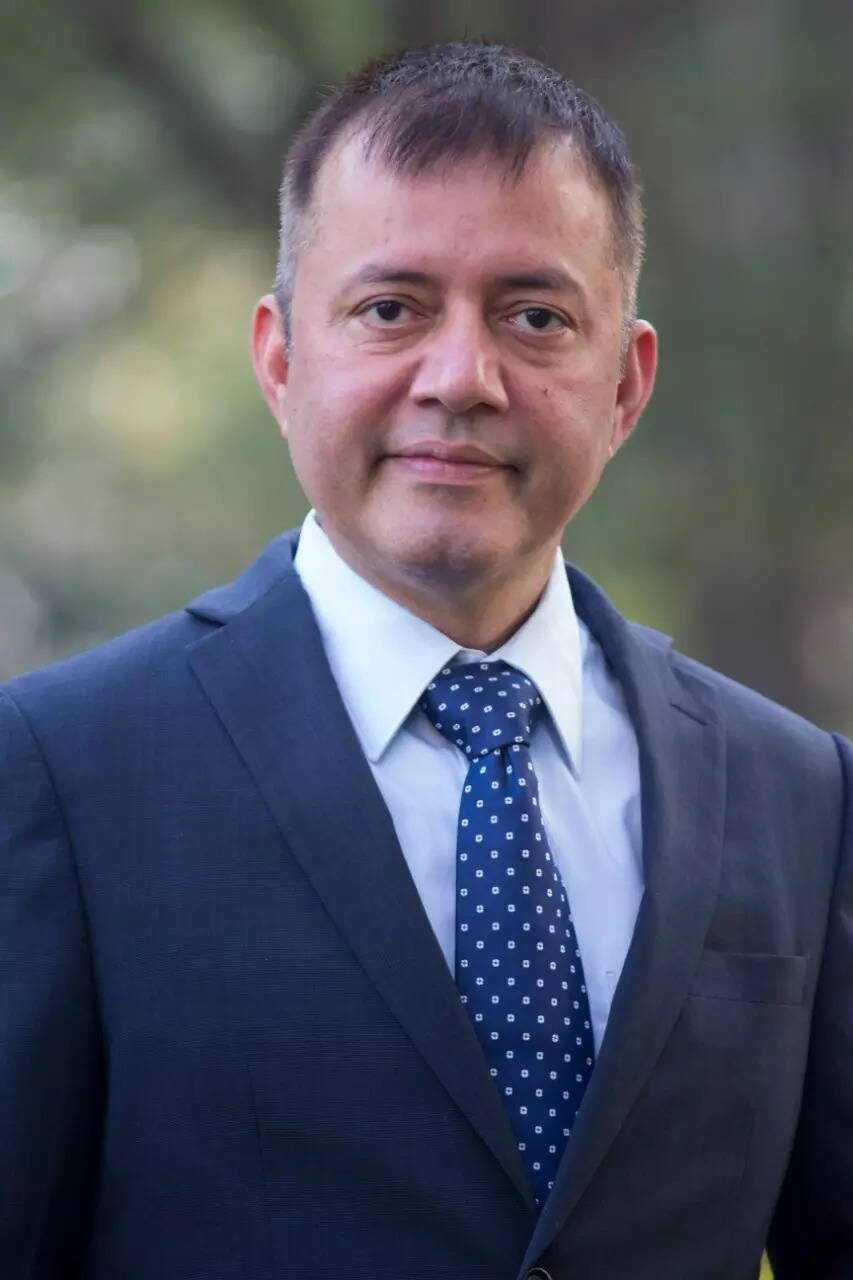
By Prof Himanshu Rai.
Celebrating education in India is celebrating a timeless pursuit – a sacred journey of truth, harmony, and enlightenment. From the serene ashrams of ancient wisdom to the digital classrooms of today, India’s learning tradition has evolved while remaining deeply rooted in its values. It continues to serve as a bridge between knowledge and consciousness, preparing generations not just for livelihood but for life. As India advances towards Viksit Bharat 2047, this enduring evolution of education – from the gurukul system to the vision of the National Education Policy 2020 stands as both a tribute to its heritage and a roadmap for its future. Here is the edited excerpt:
India’s enduring legacy of learning
Education in India has always been a sacred journey – a spiritual pursuit of truth and understanding that connects the individual with the universe. From the chanting of Vedic hymns in the serene ashrams of ancient India to the digital classrooms of the twenty-first century, the Indian tradition of learning has always celebrated the idea that knowledge is divine, learning is liberation, and that education is the light that dispels the darkness of ignorance.
India’s civilizational history is deeply knotted with its educational heritage. Thousands of years ago, centers of learning such as Takshashila and Nalanda were not merely universities but vibrant ecosystems of intellectual exchange, where scholars from Greece, China, and Central Asia came to study philosophy, mathematics, astronomy, medicine, and politics. These institutions symbolized the Indian philosophy that saw no conflict between science and spirituality, between inquiry and faith, and between the pursuit of material progress and the search for inner peace. Knowledge was not confined to books; it was a way of life. The Guru-Shishya parampara, the sacred bond between teacher and student, emphasized humility, discipline, and respect for wisdom – the values that remain the moral foundation of education even today.
Colonial disruptions and a nation’s reawakeningHowever, the colonial period disrupted this indigenous system of holistic learning, replacing it with an education model designed for administrative and clerical work rather than creativity and innovation. After independence, India faced the enormous challenge of rebuilding its educational framework for a free nation. Yet, the dream of a literate, enlightened, and progressive India never faded. It was kept alive by visionaries like Mahatma Gandhi, who saw education as a tool for self-reliance and moral growth, and Dr S Radhakrishnan, who believed that “the end-product of education should be a free creative man who can battle against historical circumstances and adversities of nature.”Modern India: Expanding access and ambition
Today, India’s progress in education has been remarkable and is appreciated globally. According to the 2021 Census estimates, India’s literacy rate has risen from 74 percent in 2011 to 80.9 percent in 2023-24. More importantly, India now boasts one of the largest networks of higher education institutions in the world – over 1,100 universities and 52,000 colleges, and produces nearly 1.5 million engineers and 60,000 management graduates annually. India has the world’s largest youth population in school and college, a demographic advantage that is both an opportunity and a responsibility.
Youth at the crossroads of tradition and technology
The youth of India today stand at a crossroads between tradition and technology, and between spiritual grounding and global ambition. They are more aware, more connected, and more aspirational than ever before. They do not just want degrees; they want skills, purpose, and the ability to make a difference. They seek an education that prepares them for jobs but also for life – the education that teaches them not only how to earn a living but how to live with meaning, empathy, and courage.
NEP 2020: A vision for holistic and future-ready learning
It is in this context that the National Education Policy (NEP) 2020 marked a revolutionary step in India’s educational journey. The NEP recognizes that the future of India depends not merely on literacy rates or exam results, but on nurturing creativity, critical thinking, and character. It envisions an education system that is holistic, multidisciplinary, and flexible, allowing students to explore arts, sciences, and vocational subjects without rigid boundaries. It promotes mother-tongue learning in the early years, understanding that language is not just a medium of instruction but a carrier of culture and identity. The policy also emphasizes digital education, vocational training, research, and teacher empowerment, aligning India’s educational goals with the vision of Viksit Bharat 2047.
Bridging divides and building the future
Yet, challenges remain. India’s rural-urban divide continues to impact access to and the quality of education. According to the Annual Status of Education Report (ASER) 2024, there are highlights in basic arithmetic and attendance, with student attendance reaching 75.9% and teacher attendance at 87.5%. However, learning recovery is uneven, with reading levels lagging behind pre-pandemic levels in many states. The digital divide, inadequate infrastructure, and shortage of trained teachers are persistent issues that need urgent attention. Moreover, as artificial intelligence and automation reshape the future of work, our education system must adapt more quickly to equip students with 21st-century skills, such as problem-solving, collaboration, and emotional intelligence.
Education as a national mission
The answer lies in making education not just a government programme but a national mission. Communities, parents, teachers, and students must all become partners in this great movement. The private sector must invest in research, innovation, and teacher training. Philanthropy must focus on education as the most powerful form of nation-building. The media must celebrate teachers and learning with the same enthusiasm with which it celebrates sports or cinema. Education must once again become the greatest festival of the Indian spirit with a yearning to grow, to learn, and to become better human beings. As the Upanishads say, “Sa Vidya Ya Vimuktaye” – true knowledge is that which liberates. When education liberates us from ignorance, prejudice, and fear, when it helps us see the unity of all existence, and when it empowers every child to dream and to create, only then will we truly fulfill the vision of Viksit Bharat, a developed India built on the timeless foundation of knowledge, wisdom, and compassion.
Education, then, is not only India’s greatest strength but also its eternal song that has echoed for millennia and will continue to inspire future generations.
– The author is the Director of IIM Indore
DISCLAIMER: The views expressed are solely of the author and ETEDUCATION does not necessarily subscribe to it. ETEDUCATION will not be responsible for any damage caused to any person or organisation directly or indirectly.
Source link

